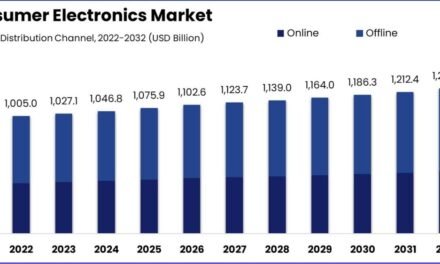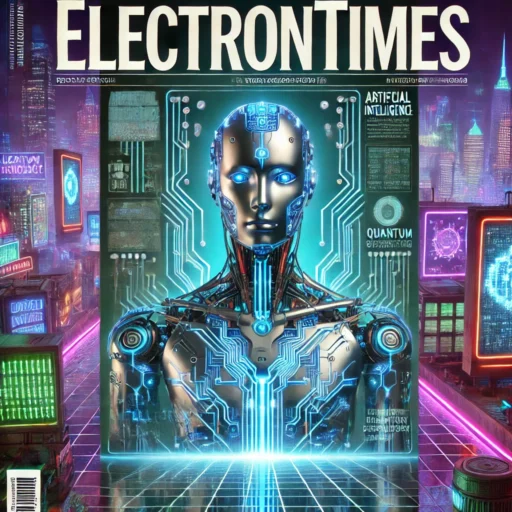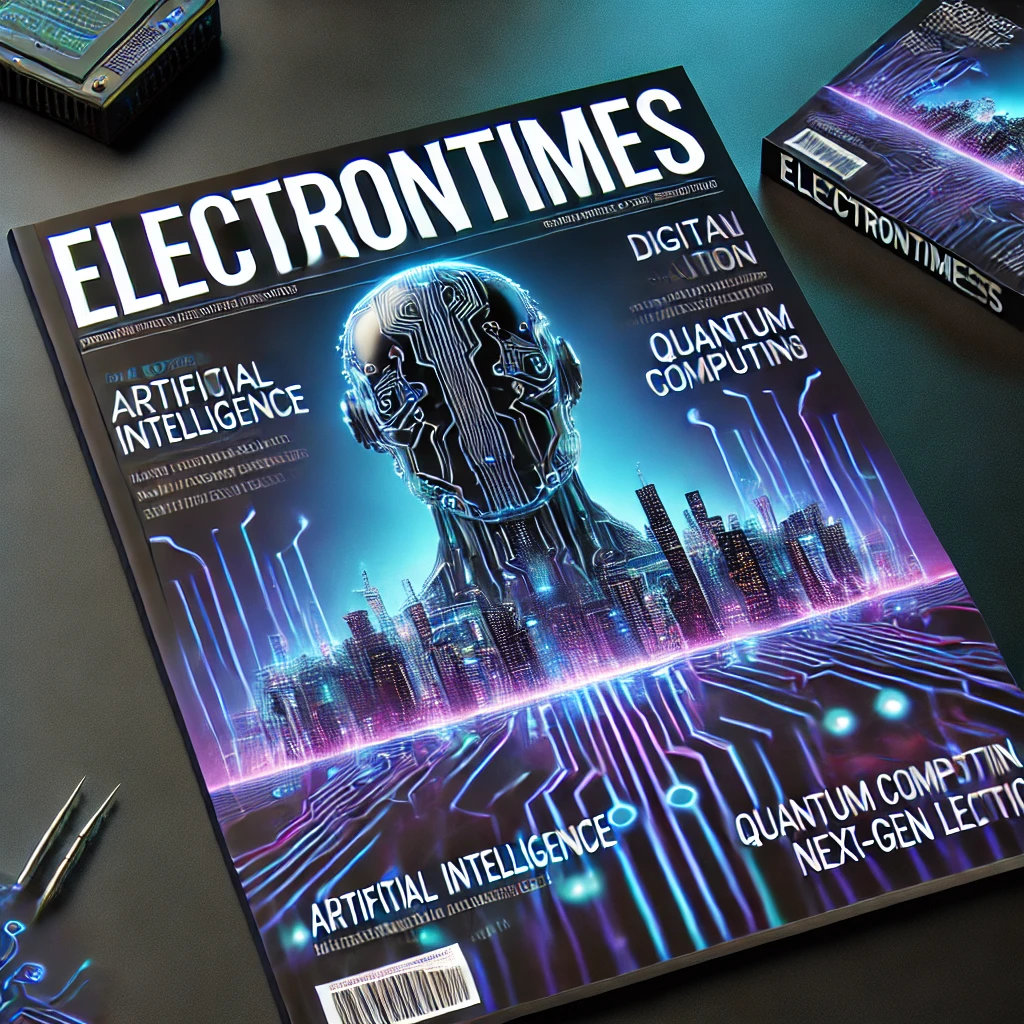Industrial electronics refers to the use of electronic systems, devices, and components in industrial applications, such as manufacturing, automation, power generation, and process control. These systems are designed to meet the specific requirements of industrial environments, where reliability, durability, and efficiency are paramount. Industrial electronics is closely linked to the optimization and automation of industrial processes, enabling improved productivity, safety, and energy management.
Key Characteristics of Industrial Electronics
- Heavy-Duty Operation: Devices are built to withstand harsh environments like extreme temperatures, vibrations, dust, and moisture, often found in factories, power plants, and other industrial settings.
- Precision and Control: Industrial electronics are designed for precise control, monitoring, and automation of machinery, production lines, and electrical systems.
- Long Lifespan: These devices are built for continuous operation over extended periods and are usually more rugged and robust than consumer electronics.
- Customization: Many industrial electronic devices are customized to meet the specific needs of a particular application or industry, unlike the mass-market consumer electronics.
Common Applications of Industrial Electronics:
- Automation and Control Systems: PLCs (Programmable Logic Controllers), SCADA systems, industrial sensors, and actuators for automating processes in manufacturing plants, robotics, and conveyor systems.
- Power Systems: Devices like transformers, circuit breakers, inverters, and rectifiers are used to control and distribute electrical power efficiently.
- Instrumentation: Systems for measuring, monitoring, and controlling physical variables such as temperature, pressure, and flow in industrial processes.
- Renewable Energy Systems: Industrial electronics are heavily involved in managing solar, wind, and other renewable energy sources in grid systems or microgrids.
How Industrial Electronics Differs from Consumer Electronics
- Purpose and Application:
- Industrial Electronics: Primarily used for industrial processes, automation, energy management, and production control. These systems are essential in sectors like manufacturing, power generation, automotive, and telecommunications.
- Consumer Electronics: Designed for personal use and everyday tasks such as entertainment, communication, and leisure. Examples include smartphones, televisions, personal computers, and home appliances.
- Environmental Conditions:
- Industrial Electronics: Must operate in harsh, demanding environments with potential exposure to high levels of electromagnetic interference, extreme temperatures, humidity, and physical stress.
- Consumer Electronics: Typically used in controlled environments like homes, offices, and entertainment spaces, where the operating conditions are less extreme.
- Durability and Reliability:
- Industrial Electronics: Built for long-term, continuous operation, often 24/7, and with greater durability to minimize downtime. They need to withstand higher stress levels and are designed for reliability in critical applications.
- Consumer Electronics: While reliable for daily use, consumer electronics are generally not designed to endure continuous use in extreme conditions.
- Size and Design:
- Industrial Electronics: Often larger and more rugged, with a focus on function over aesthetics. Industrial electronics may be integrated into larger systems like control panels, machines, or power distribution units.
- Consumer Electronics: Focuses on compactness, ease of use, and user-friendly design. Appearance, portability, and aesthetics are key considerations.
- Complexity and Customization:
- Industrial Electronics: Often more complex, involving specialized components, custom circuits, and integration with industrial systems. They may require specialized programming and configuration for specific tasks.
- Consumer Electronics: Typically more standardized, mass-produced, and designed for general use with off-the-shelf components.
- Regulatory Standards:
- Industrial Electronics: Must meet specific industrial standards and regulations related to safety, performance, and electromagnetic compatibility (EMC). These regulations can vary by industry (e.g., ISO standards, UL certifications).
- Consumer Electronics: Also subject to regulatory standards, but these standards are generally focused on safety, electromagnetic emissions, and environmental concerns (e.g., RoHS, CE, FCC).
- Cost and Maintenance:
- Industrial Electronics: Generally more expensive due to their specialized nature, custom design, and durability. Maintenance is more frequent and can require specialized technicians.
- Consumer Electronics: Typically less expensive due to mass production and standardized designs. Maintenance is simpler and often involves software updates or minor repairs.
Examples of Industrial Electronics:
- Programmable Logic Controllers (PLCs): Used to automate industrial processes such as assembly lines, robotics, and machinery control.
- Industrial Sensors: Temperature, pressure, flow, and proximity sensors are used to monitor and control industrial operations.
- Variable Frequency Drives (VFDs): Control the speed of motors in applications like HVAC systems, pumps, and conveyor belts.
- Industrial Computers: Rugged, high-performance computers used in real-time data acquisition, process control, and automation tasks.
- Power Converters: Devices like rectifiers, inverters, and transformers used to convert and regulate power in industrial applications.
Conclusion
While both industrial electronics and consumer electronics involve the use of electronic components and systems, they serve very different purposes. Industrial electronics are designed to meet the rigorous demands of industrial environments, focusing on durability, reliability, and precision, whereas consumer electronics prioritize ease of use, affordability, and compactness for everyday applications. The ongoing development in industrial electronics, especially with the rise of automation, renewable energy, and smart grid technology, continues to influence and advance various industries globally.
Hashtags
#IndustrialElectronics #IndustrialAutomation #IndustrialControlSystems #FactoryAutomation #IndustrialTechnology #IndustrialEquipment #AutomationTechnology #HeavyDutyElectronics #IndustrialMachinery #RoboticsInIndustry #ConsumerElectronics #HomeElectronics #PersonalDevices #SmartDevices #EntertainmentTechnology #WearableTech #Smartphones #TVsAndAudio #ConsumerTech #Gadgets #IndustrialVsConsumerElectronics #HeavyDutyVsPersonalDevices #IndustrialEquipmentVsConsumerTech














